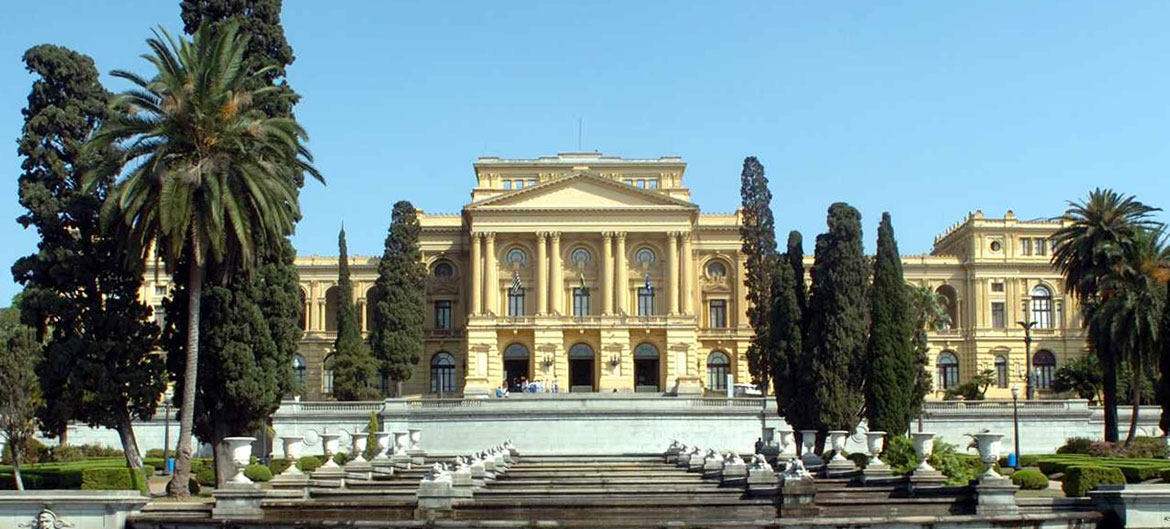University of São Paulo: Voters need to be aware of fake content spread as deepfakes
The so-called deepfakes use Artificial Intelligence to reproduce sounds and images and create an unreal situation. This technology can be used to incriminate people or make individuals embarrassed for something they didn’t do.
In this sense, it is necessary that we be aware of its use and always question everything we consume on the internet. It is also important to know that there are laws that punish criminals and compensate victims.
Juliano Maranhão, professor of Philosophy and General Theory of Law at the Faculty of Law (FD) at USP, explains that “the issue of deepfakes affects different areas of law. In the criminal field, the main problem refers to the creation of pornographic deepfakes , often used for revenge porn purposes ”.
Criminal and Civil Code
The professor points out that, in 2018, Article 218-C was created in the Penal Code , which criminalizes the creation of montages in photographs, videos and even audio, such as deepfakes . The crime is liable to imprisonment from six months to one year, in addition to the payment of a fine to the victim.
Art. 218-C. Offer, exchange, make available, transmit, sell or exhibit for sale, distribute, publish or disclose, by any means – including by means of mass communication or computer or telematics system -, photography, video or other audiovisual record that contains a scene of rape or rape of a vulnerable person or that condones or induces its practice, or, without the victim’s consent, a scene of sex, nudity or pornography: (Included by Law nº 13.718, of 2018)
“In the civil sphere, Article 20 of the Civil Code points out that authorization or consent are indispensable conditions for the use of a person’s image, so that the non-consented use of the image, even if not offensive, implies a violation of the right image, with compensation being paid to the victim”, he adds.
Art. 20. Unless authorized, or if necessary for the administration of justice or the maintenance of public order, the dissemination of writings, the transmission of the word, or the publication, exhibition or use of the image of a person may be prohibited, at its discretion. application and without prejudice to the applicable indemnity, if they reach honor, good reputation or respectability, or if they are destined for commercial purposes. (See ADIN 4815)
Despite the punishment provided by law, the Judiciary finds it difficult to eliminate content from deepfakes , given that their circulation speed is very fast — which may be too late for the victim, who will already have their image tarnished. But there is the fake news bill that can help combat this.
“The Electoral Justice has been structured to react more quickly to information in this period of elections, but as the content is defamatory and can spread quickly through the networks, the reaction should be immediate”, Maranhão highlights. He goes on to explain that this is yet another reason why the Internet Freedom, Transparency and Accountability Bill — the so-called Fake News Act — is passed.
This bill No. 2,630, of 2020, “establishes rules regarding the transparency of social networks and private messaging services”. In addition, it holds providers accountable for combating misinformation and improving transparency on the internet.
Elections and danger to democracy
The professor explains that deepfakes “are phenomena in the context of communication in digital media that bring serious risk and social impact”. That’s because a disinformation message can have an immediate effect: a deepfake used to make a politician say something racist, for example, can corrupt his reputation. By the time they found out it wasn’t true, this individual’s image had already been corrupted and he lost the election. What “distorts, then, the political game and, consequently, democracy”, he says.
In this sense, there is a discussion based on Article 19 of the Marco Civil da Internet , to hold platforms responsible for the dissemination of deepfakes and criteria for removing this content from platforms.
Art. 19. In order to ensure freedom of expression and prevent censorship, the internet application provider can only be held civilly liable for damages resulting from content generated by third parties if, after a specific court order, it does not take steps to, within the scope of and within the technical limits of its service and within the period indicated, make the content identified as infringing unavailable, except for the legal provisions to the contrary.
“Currently, the general rule is that the unavailability of content must occur after a court order, or immediately, in the case of images, videos or other materials containing scenes of nudity or sexual acts of an intimate nature”, he explains. Maranhao.

